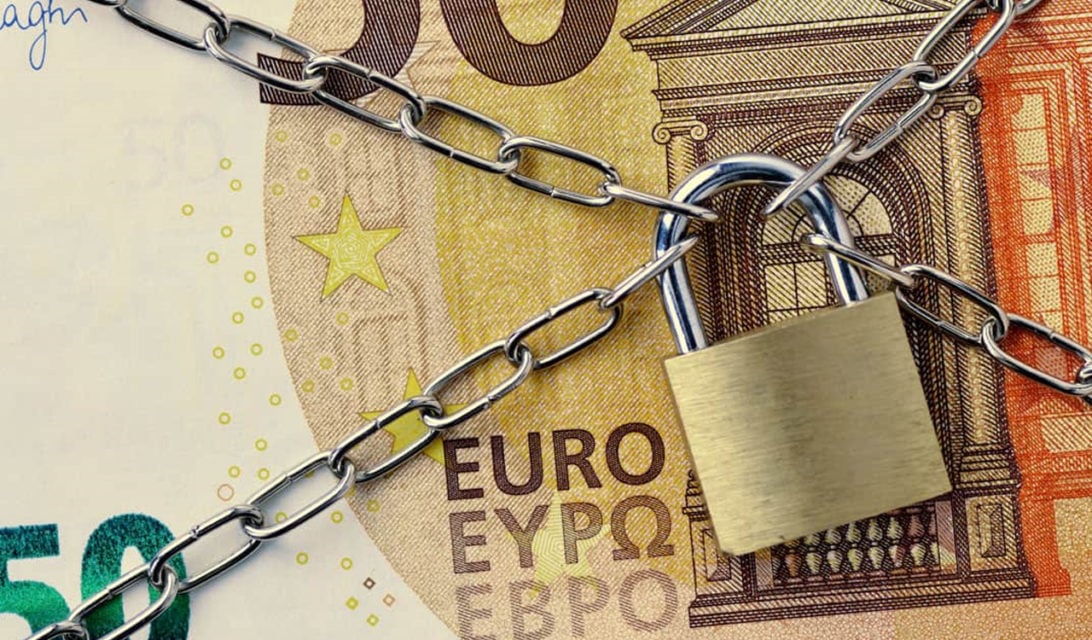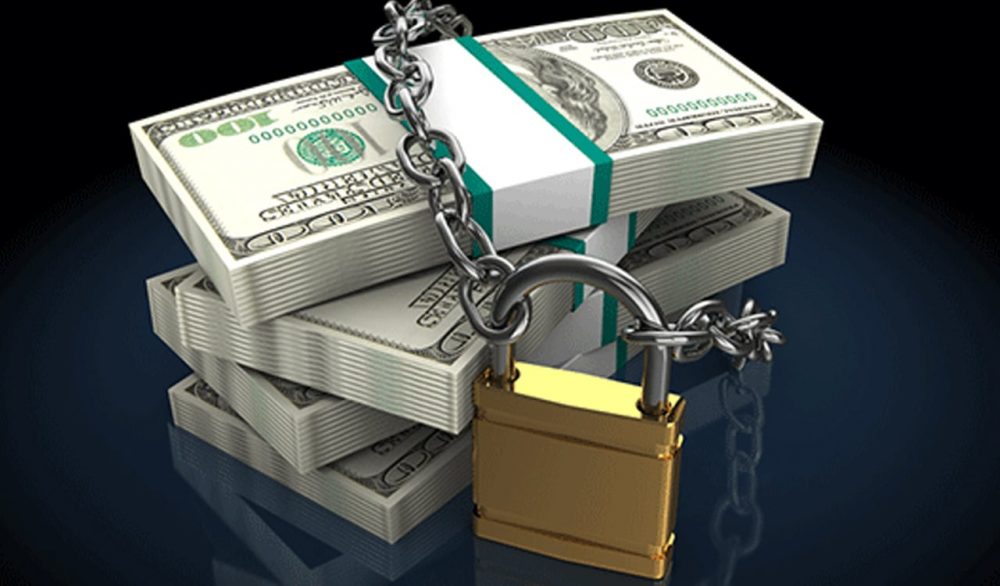Capital controls are defined as legal or regulatory measures to control the inflow and outflow of capital from a particular country. Thanks to capital controls, it is ensured that the flow of foreign capital in and out of the country is limited.
What is Capital Control and What Is It Used For?
The restrictions and regulations that countries impose on capital transactions carried out by residents and non-residents are called capital controls. Measures taken to control the exchange rate of a country’s currency or to prevent a capital flight. Capital controls are also defined as regulations that help reduce financial instability and implement a more independent monetary policy. Regulations are made by the government, central bank or regulatory agencies. The main purpose is to limit and control the inflow and outflow of foreign capital.
Capital controls are in place in many countries. But according to some mainstream economists, capital controls are notorious. This is because it causes distortions in the markets and is thought to have some other clear costs. However, it is stated that if designed correctly, capital control implementation will benefit the national economy and contribute to the welfare of the country. Capital control measures include taxes, tariffs, legislation, market-based forces and volume restrictions.
In addition, controls can affect stocks, bonds, bonds and foreign currency trading. With capital control, governments can prevent investors from acquiring assets in foreign currency and prevent foreigners from buying local assets. Capital controls, which have not been implemented in the developed economy for many years, are generally implemented by developing countries. The reason for this is that it is criticized by many for the thought that it reduces productivity and hinders economic development. In general, the capital control decision is taken during the economic crisis and as a last resort.

Countries Implementing Capital Control
Although it has been the subject of many criticisms, capital control has been applied by many countries, considering that it will be beneficial. Iceland, one of the countries most affected by the economic crisis in 2008, started to implement capital controls with the advice of the IMF. In 2013, Cyprus applied capital controls temporarily to the banking crisis, and then abolished the practices in 2015, 2 years later.
After the crisis in Greece, in 2015, the European Central Bank withdrew its support from Greece and started the capital control practice. Capital control policies continued in Greece until 2019. The country that took and implemented the capital control decision was Argentina. 3 billion dollars of foreign currency came out of Argentina, which had problems in paying short-term debts. Due to the decrease in foreign currency reserves and the problems in the payment of debts, Argentina decided to control capital.





